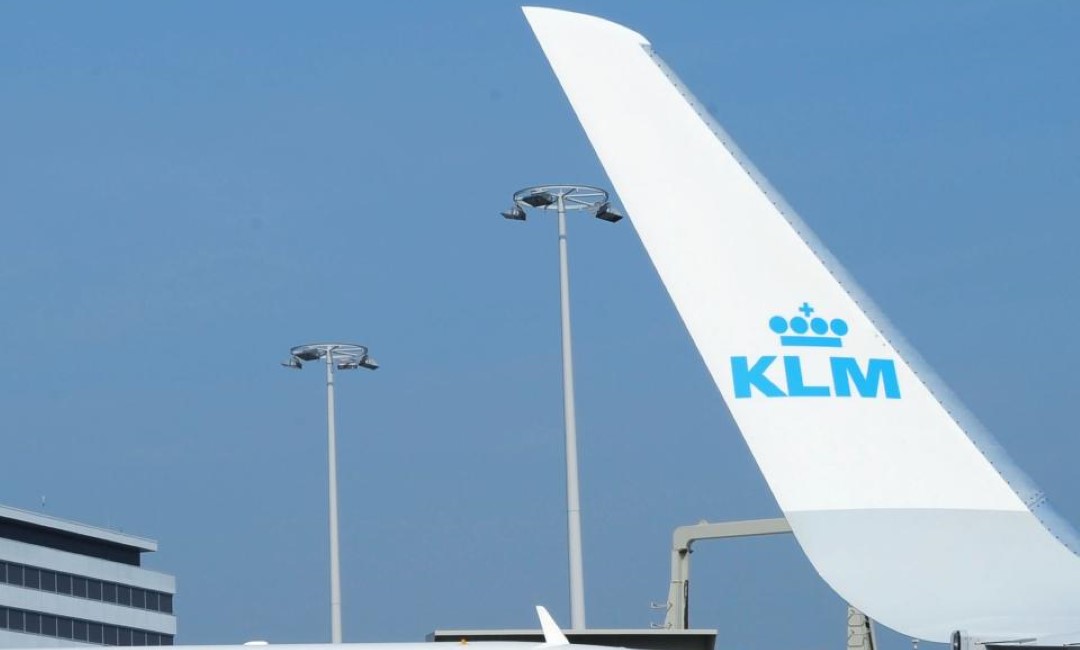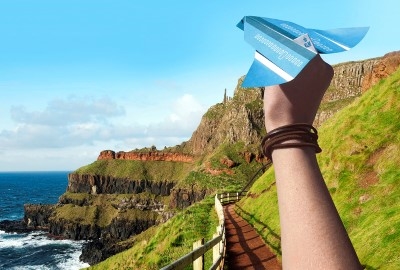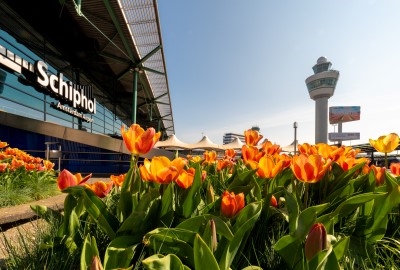Paris Air Show: aviation tech shows commitment to sustainablility
The Paris Air Show, from 19 to 25 June, was to a large extent focused on sustainability in aviation. The industry’s largest biannual event started off with a clear signal of joint commitment from the CTOs of seven of the world’s major aviation manufacturers. The message: we a seriously committed to aviation’s sustainability mission.

FlyingMag reports that the Paris Air Show clearly showed a sense of urgency in adopting new technology to address net-zero goals. With the statement of the main aviation technology leaders – Airbus, Boeing, Dassault, General Electric, Pratt & Whitney, Rolls-Royce, and Safran.
Their message to the show attendees and to the world: “Today, we come together again to support the industry’s commitment to achieving net-zero carbon emissions for civil aviation by 2050 and to highlight the importance of the production, distribution, and availability of qualified sustainable aviation fuel (SAF) needed to achieve this goal.”
The companies insisted that they are committed to delivering the technical solutions required to reduce the carbon emissions of the air transportation sector through work in three key areas: 1 Developing advanced aircraft and propulsion technologies that enable net-zero carbon emissions while maintaining the safety and quality standards of our industry; 2 implementing improvements in aircraft operations and infrastructure; 3 supporting policies and measures that accelerate the availability and adoption of qualified SAF.
The tech leaders had an important message to the EU: it needs to implement the right industrial support policies, within the Net Zero Industry Act, to accelerate the availability of SAF and synthetic kerosene at commercial scale, building on the work of the Industrial Alliance for Renewable and Low Carbon Fuels (RLCF). In addition, qualification efforts that support the development of co-processing technologies that can harness the existing capital infrastructure will accelerate the availability of SAF at commercial scale.


